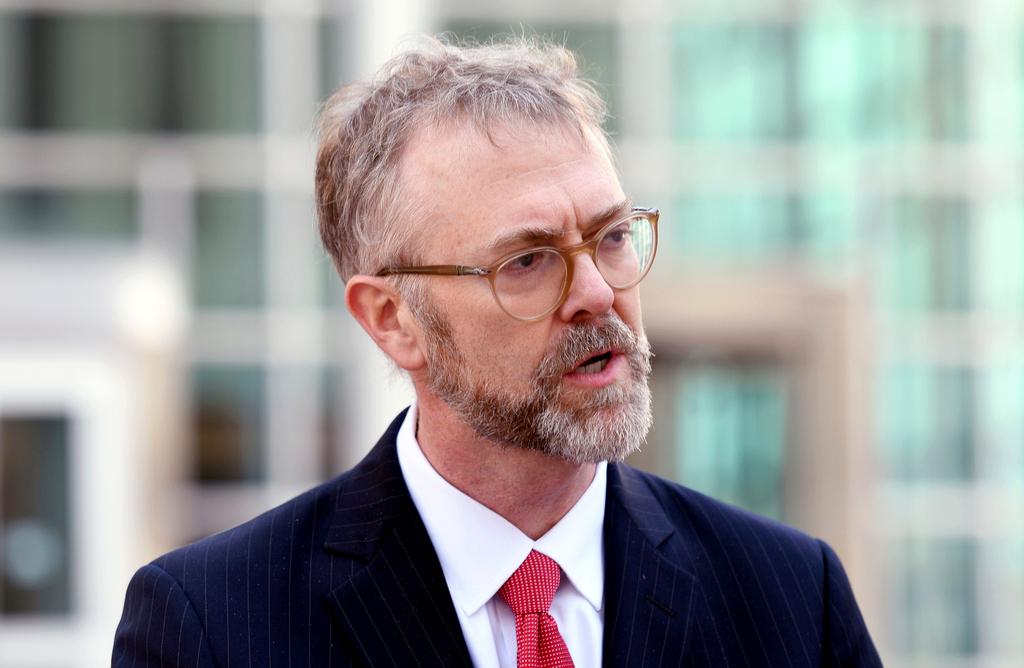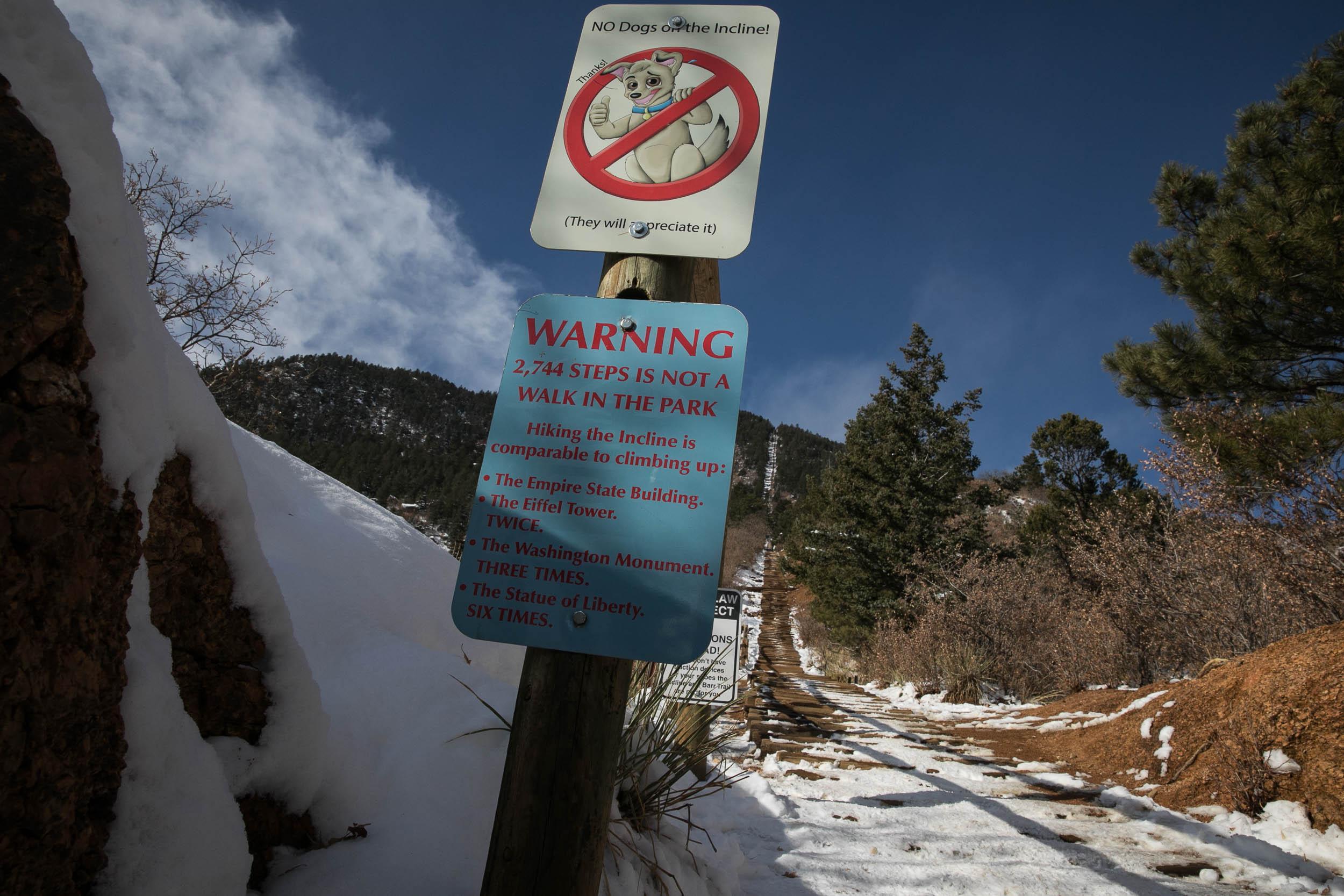
Linda Rodriguez, 59, was excited but a little overwhelmed when she began work at Amazon’s sprawling facility in Thornton.
She’d worked everywhere from correctional facilities to Denver International Airport, but she could tell from her first days in 2019 that the warehouse facility would be one of the most demanding and complex jobs she’d ever had.
“I thought, ‘What’d I get myself into?’” she recalled in a video interview.
But the insurance was great, the pay was decent and she soon learned the rhythms of a place that employs thousands and powers a never-ending stream of shipments to people across the metro area.
“I was very amazed,” she said, “how that many items could go through (the warehouse) without a lot of errors, and things going as fast as they do.”
That sense of awe disappeared as the pandemic arrived last year.
As the outbreak spread, Rodriguez noticed what she described as troubling shortcomings in the company’s treatment of its workers. That included, she said, a consistent failure to communicate important health and safety information in Spanish, leaving out a sizable group of workers who spoke only that language.
Rodriguez believes that her persistent questions and complaints about that policy and others led the company to fire her last August. This week, she and her attorneys filed a complaint against the company under a new Colorado law, the Public Health Emergency Whistleblower Act of 2020.
Today, she wants “people to know really how Amazon runs,” she said.
“To me, it’s like, they were trying to silence me — to put fear into a lot of the other employees,” Rodriguez said. “I just want Amazon to be held accountable.”
The complaint, which was filed with the Colorado Department of Labor and Employment, is the first step in a legal process that could turn into a lawsuit, said her attorney, David Seligman. It alleges that she was “fired for speaking out.”
Amazon officials said they fired Rodriguez for “time theft,” or unauthorized breaks, according to the complaint, which was filed Thursday by the nonprofit law firm Towards Justice and by Swain Law.
The complaint alleges that Amazon’s allegations were a “capricious and inconsistent application of the rules,” and that the company had simply dug up incidents that included authorized breaks, trips to human resources, and “commonplace short breaks frequently taken by nearly every employee in the facility,” in order to push out a concerned worker.
In a written statement, Amazon said that it had fired Rodriguez for "timecard fraud" and had evidence to back its decision. A spokesperson did not respond to questions about the company's COVID-19 policies.
Rodriguez’s story
Rodriguez began working for Amazon late in 2019 after being laid off from a previous job. She started as a packer and was soon transferred to the returns team, making $20 an hour.
“I was making some pretty good money for being at the warehouse,” she said, but “it was really hard.”
She first raised concerns early in the pandemic, she said. Among other complaints, Rodriguez said that the company’s screening and health protocols effectively ignored workers who didn’t speak English — including at stations where workers were asked about potential COVID-19 symptoms, she said.
“It wasn't just affecting them. It was affecting me and all my other coworkers around us,” she said.
If the screeners were unable to communicate with a worker, Rodriguez said, they simply pointed them toward the badge scanner, effectively ushering them into the building — unless the worker had registered a high body temperature.
Nearby signs included pictogram messages, she said, but she believes that the lack of Spanish translation may have resulted in some workers coming in sick. Spanish-speaking workers were “pressured to simply swipe in and begin working,” according to the complaint.
The same monolingual practice extended to regular surveys that workers were asked to fill out about everything from their managers to COVID-19, Rodriguez said. When the company sent text messages about COVID-19 cases in the facility, they were “sent in English only,” the complaint states. Similar email messages only included a “translate” button — with the word “translate” in English — at the bottom of the message, the complaint continued.
Rodiguez, who is bilingual, became an informal translator and interpreter for some of her colleagues.
The complaint alleges that “when Amazon needs to communicate with those workers about matters Amazon wants those workers to understand, Amazon communicates with them in Spanish. Amazon did not, however, make efforts to communicate with Spanish-speaking workers about important COVID-19 health and safety information.”
Seligman, the attorney, declined to discuss in detail how he had corroborated Rodriguez’s account, but said he had “every reason to believe” her account. “Her story is quite similar to stories that we’ve heard directly and stories that we’ve read about from Amazon workers around the country,” he said.
State health authorities have not reported any COVID-19 outbreaks at the Thornton facility; state data shows a relatively small outbreak at an Adams County distribution center.
If you would like to talk about the working conditions in an Amazon facility, contact the reporter.
Fired for “time theft” after complaining
Rodriguez notified Amazon of her concerns numerous times, beginning in June, according to the complaint. She was also a frequent presence in HR as she translated for other workers — which was not part of her job description — and dealt with persistent issues on her timecard, she said.
On June 6, 2020, she told an HR officer that the company had failed to notify her and other workers that an employee in their area had been diagnosed with COVID-19 several days earlier — and that no one had cleaned his station, according to the complaint. Rodriguez only knew about the illness because of text messages from the other worker, she said.
Rodriguez complained “numerous” times about Amazon’s response to COVID-19, from its alleged failure to enforce mask and distancing rules to a lack of cleaning supplies and the failure to provide Spanish-language information, according to the legal document filed by Rodriguez’s attorneys.
On Aug. 10, Rodriguez sent a written complaint to an HR official; on Aug. 22, she asked her supervisor to provide the name of an HR manager who could help, the complaint stated. Rodriguez warned that she would have to go to an outside group, such as OSHA, if she couldn’t get her safety concerns addressed, she said.
Two days after that meeting, Rodriguez was suspended midway through a shift; on Aug. 28, she was fired, according to the complaint.
The company listed “time theft” — basically, stopping work without permission — based on tracking information from her work device, she said. Rodriguez’s attorneys argued it was “consistent with a nationwide pattern of singling out whistleblowers for undeserved termination based on capricious and inconsistent application of company rules.”
An employee of Whole Foods similarly claimed that she was fired for “time theft” in retaliation to her work tracking COVID-19 ceases at the chain, Vice reported; Whole Foods is owned by Amazon. Amazon strongly denied that retaliation was part of that firing, according to Vice.
Amazon began its investigation of Rodriguez on Aug. 12 after her initial written complaint on Aug. 10, the attorneys claimed, citing a separate filing by Amazon in a civil rights complaint. The attorneys alleged that was evidence of retaliation. Rodriguez’s attorneys declined to provide a copy of that filing, nor could CPR News obtain one immediately from the Colorado Civil Rights Division.
Rodriguez’s attorneys claim that, in one of the incidents, she had stepped outside with permission because she was feeling ill.
In the “other key instance,” the complaint states, Rodriguez was trying to talk to an HR employee who had previously asked for a conversation with Rodriguez.
In a statement, the company said that it had evidence for its firing of Rodriguez.
"The facts of this case are clear: Ms. Rodriguez was terminated for timecard fraud or "time theft." On at least a half dozen occasions over a ten-day period, Ms. Rodriguez clocked in and then either left the building or failed to report to her work assignment," wrote Maria Boschetti, a spokesperson for Amazon, in an email.
"When interviewed, with just one exception, Ms. Rodriguez did not deny the allegations nor was she able to justify them. These events were confirmed by time records, video evidence, and security badge scans."
Boschetti did not address questions about whether the company had provided Spanish translations of COVID-19 information.
The state labor department will consider the complaint and whether to take action. If Rodriguez isn’t satisfied, she could then proceed to a lawsuit. The complaint was filed under a law enacted in 2020 that was meant to protect people raising concerns about public health in the workplace.
“The juxtaposition of that wealth and that power, and the efforts that amazon had taken in this case to suppress and retaliate against workers .. was so stark that we thought it was essential to support Ms. Rodriguez in bringing her complaint forward,” Seligman said.
If a case under the whistleblower law proceeds to court and the worker wins, the law could force the company to rehire them and pay them wages and damages of $10,000 or more. Meanwhile, Rodriguez is working part-time, caring for her grandkids and waiting, she said, for accountability.







